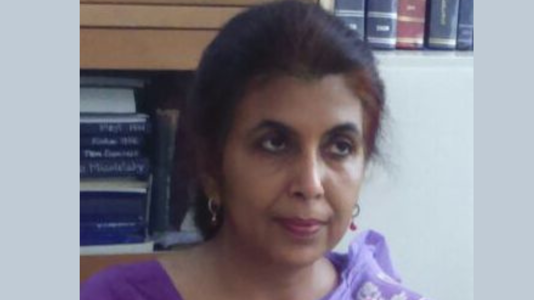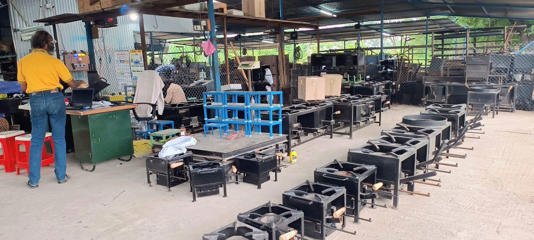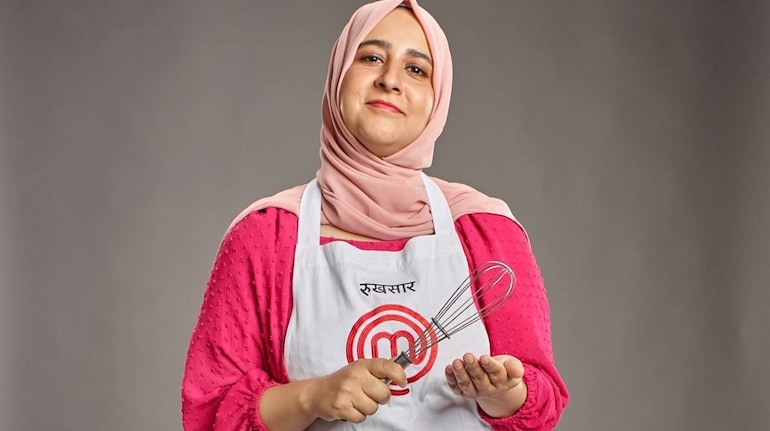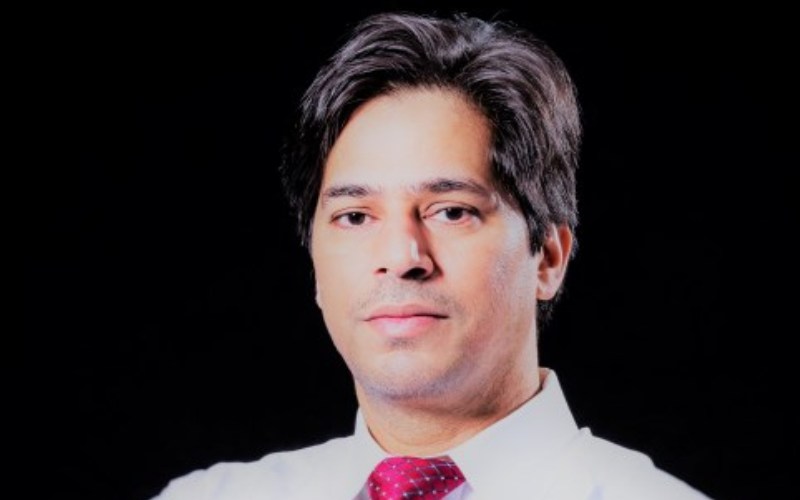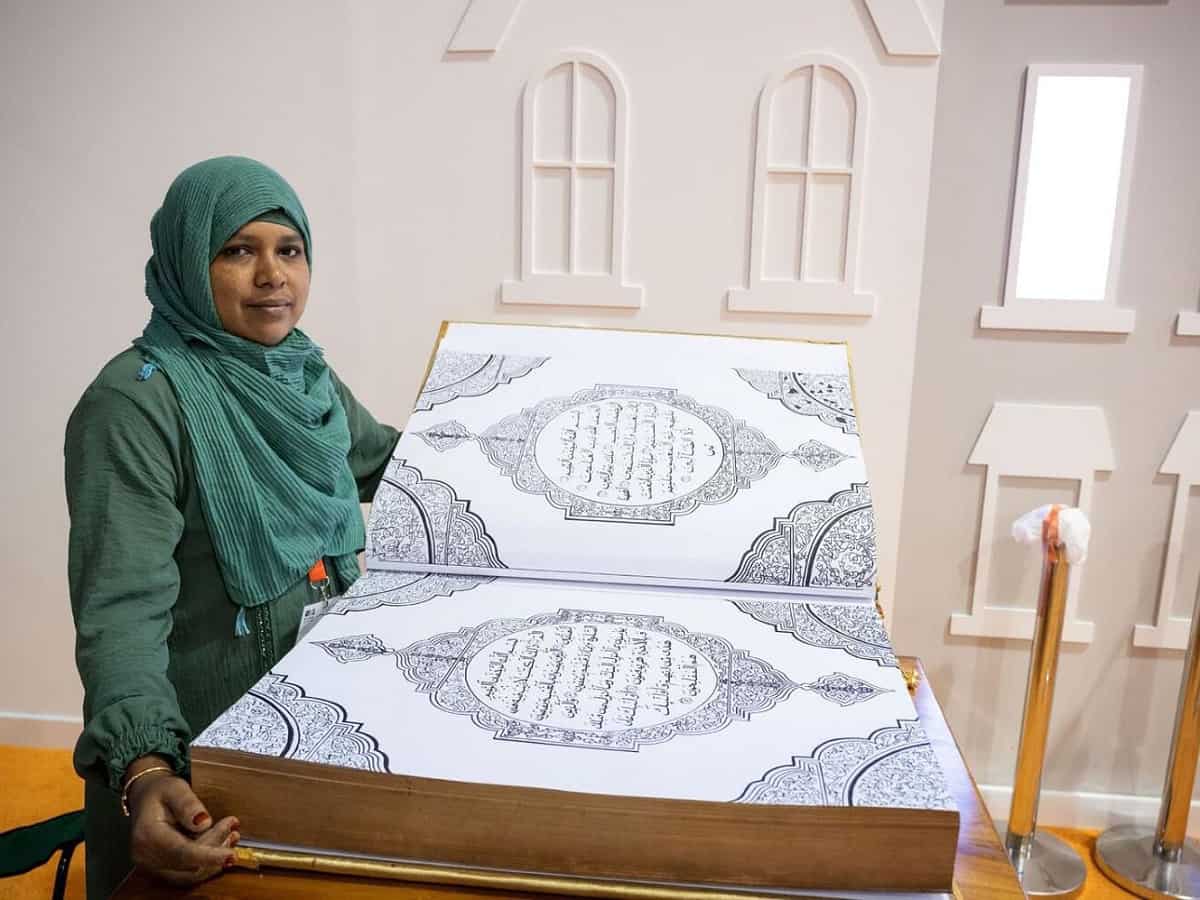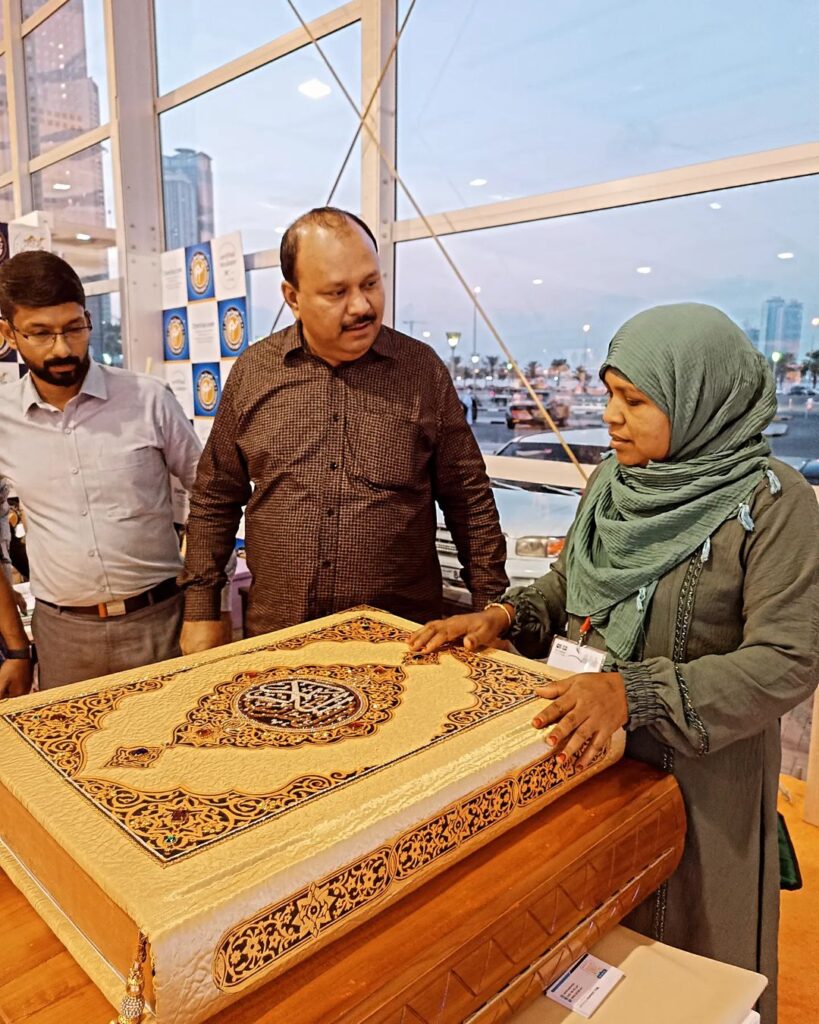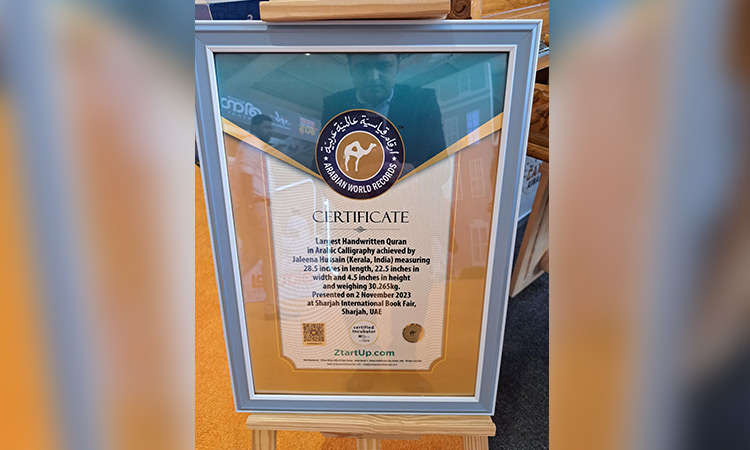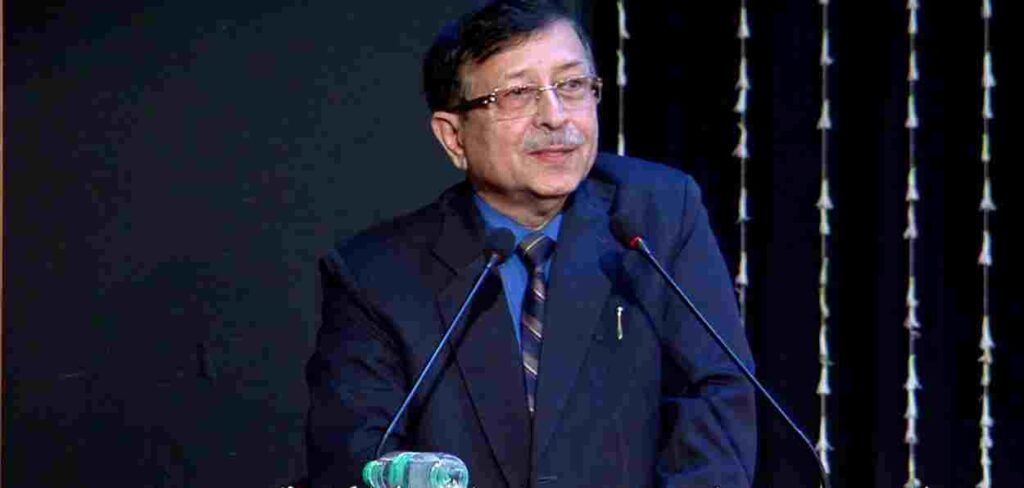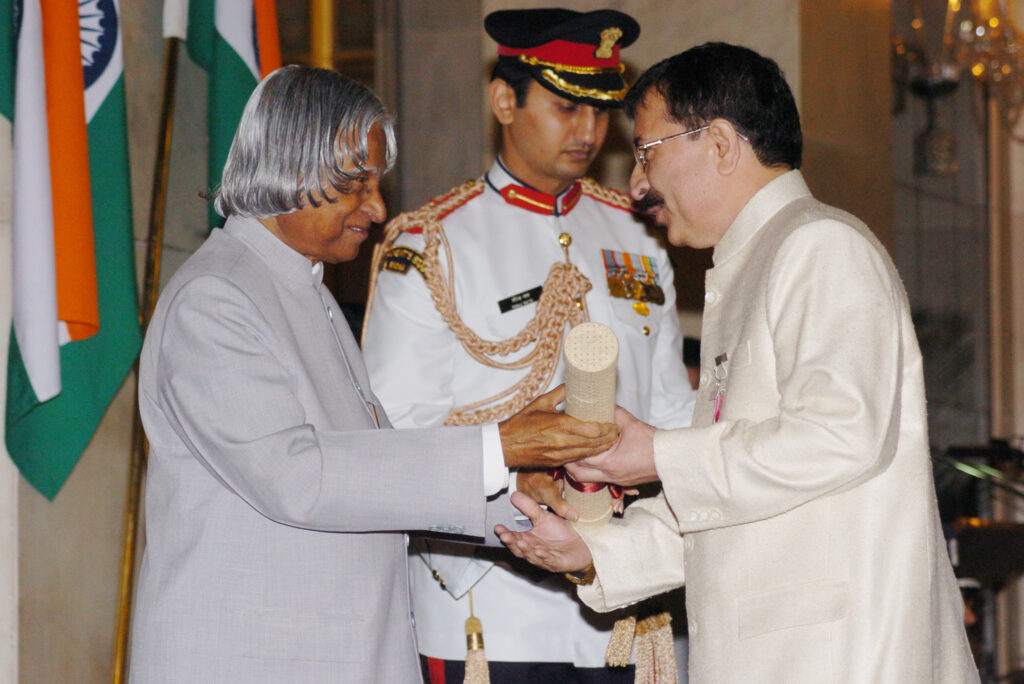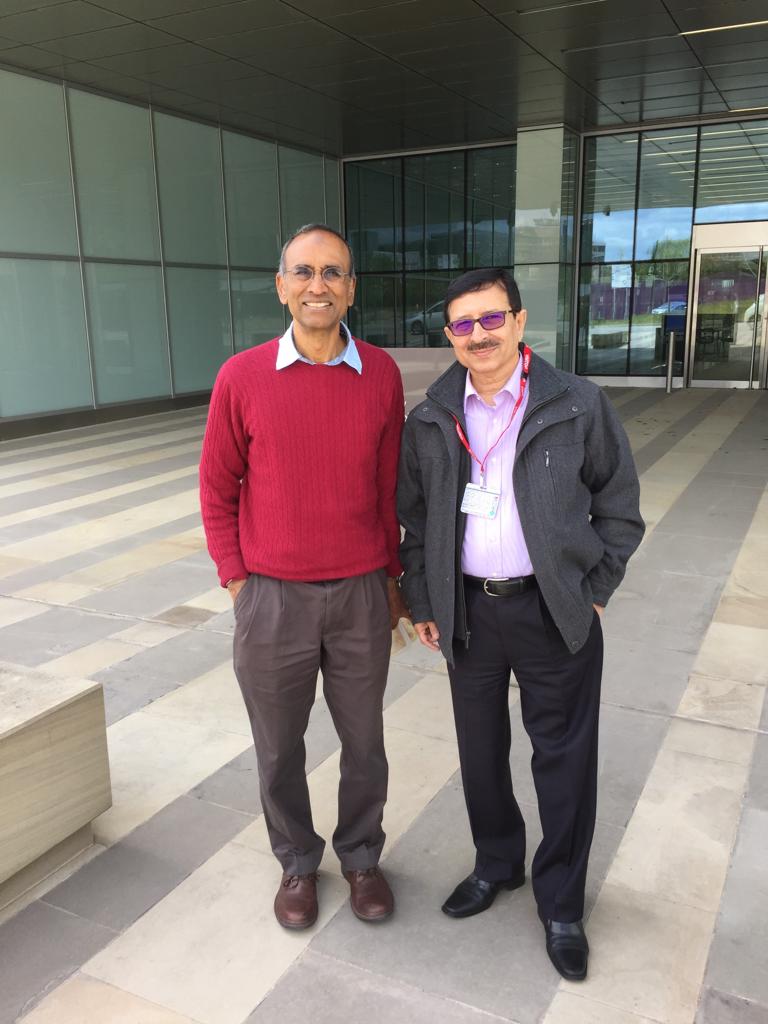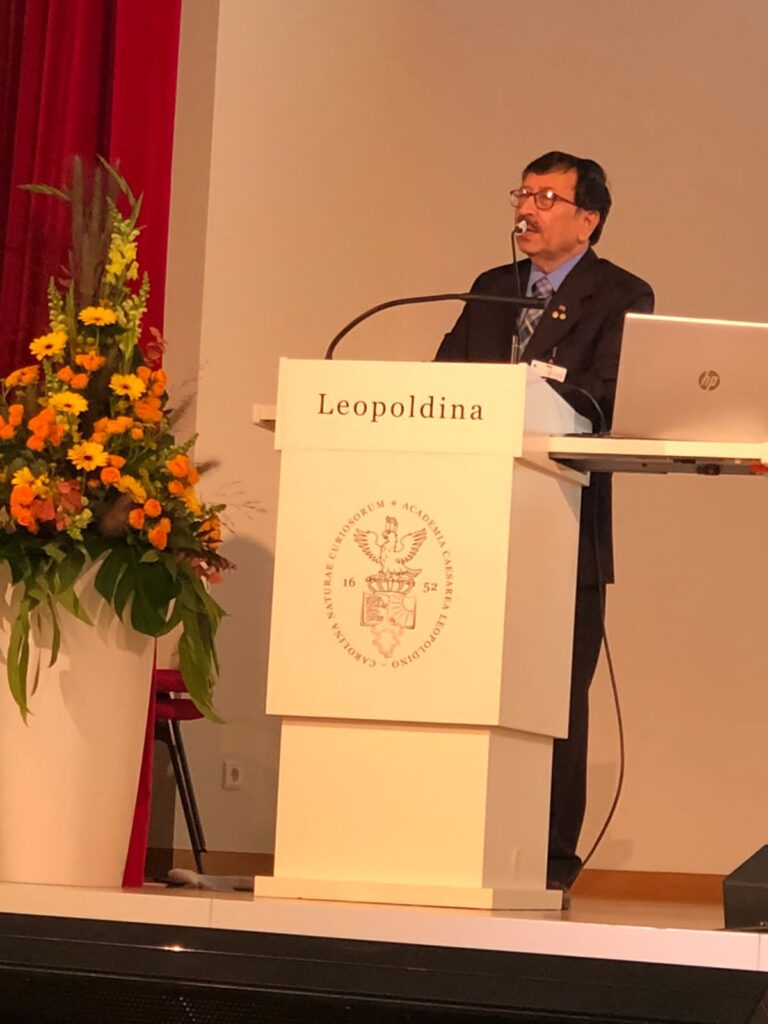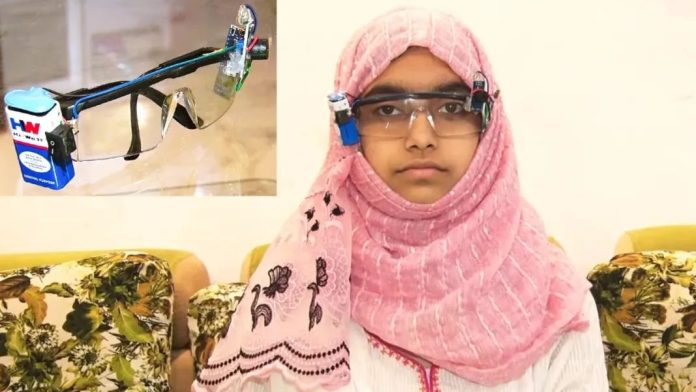KERALA / Mangaluru, KARNATAKA / Dubai , U.A.E:
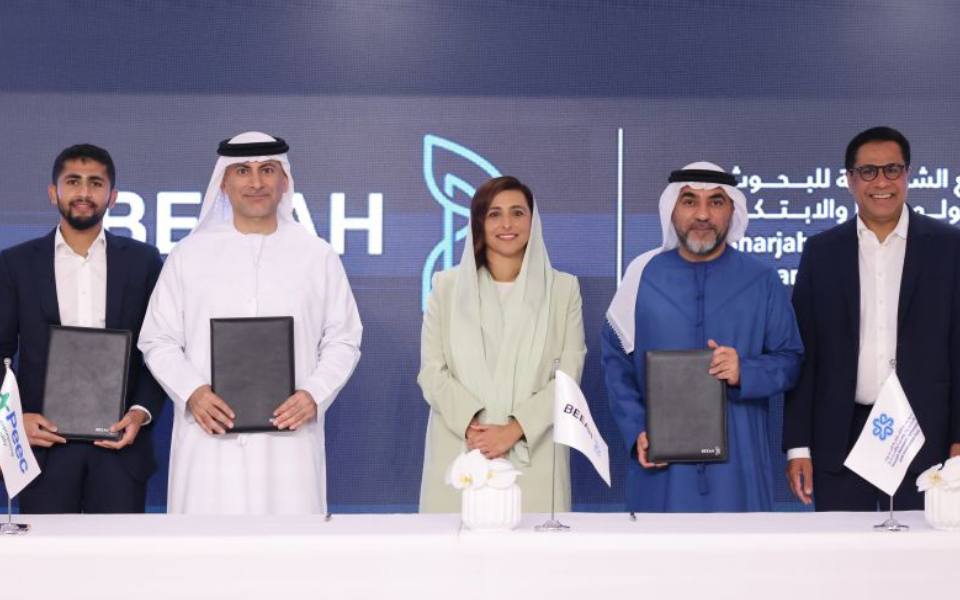
In a groundbreaking move toward sustainable transportation, BEEAH has officially entered into a strategic partnership with Peec Mobility and the Sharjah Research, Technology and Innovation Park (SRTIP).
The collaboration aims to revolutionize local electric vehicle production by repurposing end-of-life petrol vehicles, fostering recycling practices to support a circular economy, and driving research and skill development in the burgeoning field of sustainable mobility.
The partnership agreement, signed at the BEEAH Headquarters, saw the participation of key figures, including Her Excellency Sheikha Bodour bint Sultan Al Qasimi, President of the American University of Sharjah and Chairperson of SRTIP; Khaled Al Huraimel, Group CEO of BEEAH; Zach Faizal, Founder of Peec Mobility; and HE Hussain Al Mahmoudi, CEO of SRTIP.
Zach Faizal’s brainchild, Peec Mobility, has been at the forefront of innovation since its inception in 2022. The Dubai-based startup specializes in the repurposing of retired petrol vehicles, seamlessly transforming them into electric vehicles with a remarkable 30% cost reduction and an 80% decrease in manufacturing time compared to the production of new electric vehicles.
Faizal, a 24-year-old entrepreneur, envisions Peec Mobility’s technology as a game-changer for the region. He emphasizes that their re-engineering process offers a more cost-effective, quicker, and environmentally friendly transition to electric mobility than investing in entirely new electric vehicles.
“Today, re-engineering is quicker, smoother, and greener than buying new EVs, and proves cost-efficient,” Faizal stated during the announcement. “Peec’s vehicles are aimed to be priced at 30 per cent to 50 per cent lower with the volumes we’re looking at, thus solving the affordability challenge in the sector,” he added.
Peec Mobility’s focus extends beyond individual cars, with ambitious plans to repurpose entire fleets of ICE buses, cars, and trucks on UAE roads. Faizal believes in the efficacy of reusing existing vehicles, stating that “waste is minimized, and a new life cycle begins.”
The partnership seeks to support Sharjah’s transition to sustainable mobility while minimizing the environmental impact of the production and repurposing processes. The overarching goal is to contribute to national and global objectives for zero-waste, circularity, sustainable transport, and decarbonization.
Zach Faizal expressed his commitment to the cause, stating, “Conversion is the most pragmatic route to Net-Zero. Once we succeed with our business strategy here, we will take it to other countries to redefine the used-car market.”
As part of the collaboration, Peec Mobility and its partners plan to unveil the first lineup of repurposed mid-sized sedans and buses at the UN Climate Change Conference, showcasing the innovative technology and commitment to sustainable practices.
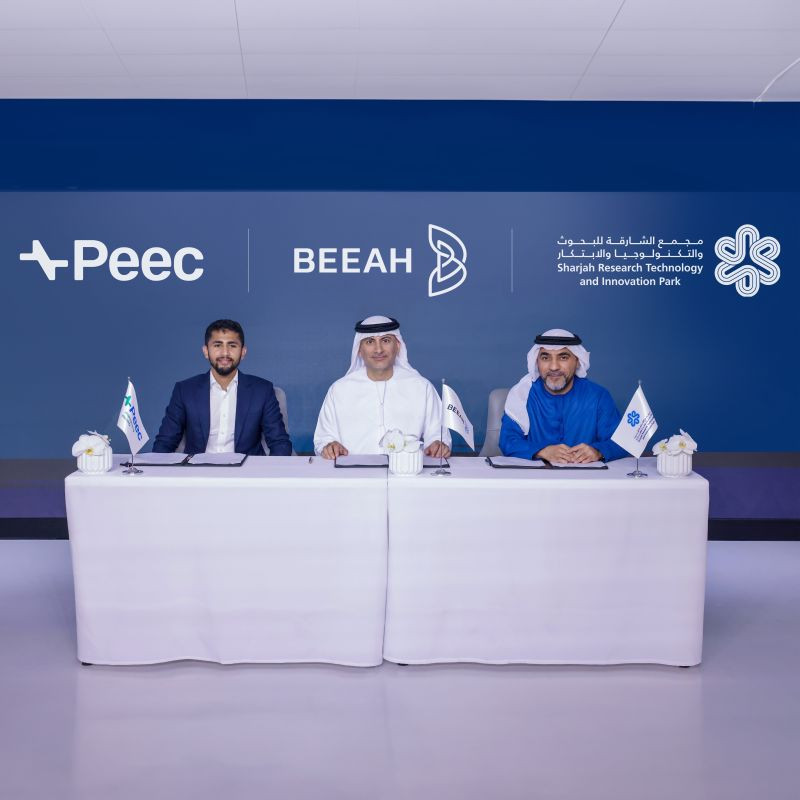
With the support of the government, Peec Mobility aims to implement the conversion at scale, creating a replicable model not only for the UAE but potentially for other countries. Faizal proposes a policy to repurpose 5.0% of existing vehicles on the road annually for the next seven years, aligning with the UAE’s Net Zero goal.
As of now, Peec Mobility is on track to introduce at least 500 repurposed EVs on Dubai roads by 2024, offering a tangible solution to the affordability challenge associated with electric vehicles.
Zach Faizal is the son of Faizal Kottikollon and Shabana Faizal, a well-known Indian entrepreneur couple based in the UAE. The couple is not only known for their business endeavors but also for their philanthropic contributions.
Shabana hails from Mangaluru in the Karnataka state of India. She is the only daughter of prominent businessman and socio-religious leader Late B Ahmed Haji Mohiudeen who founded the prestigious BA Group of Businesses in Thumbay near Mangaluru.
source: http://www.english.varthabharati.in / Vartha Bharati / Home> Gulf / by Vartha Bharati / December 13th, 2023
